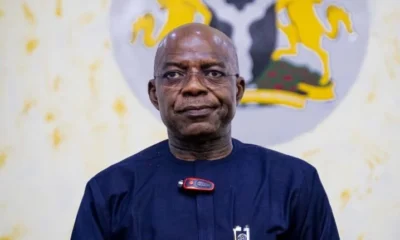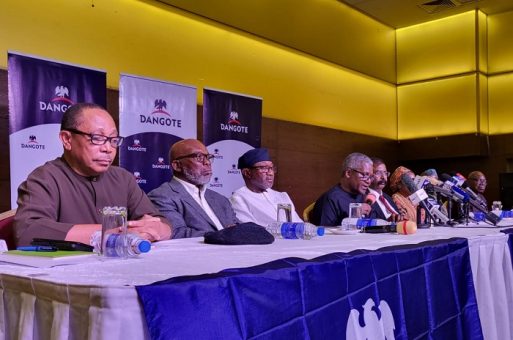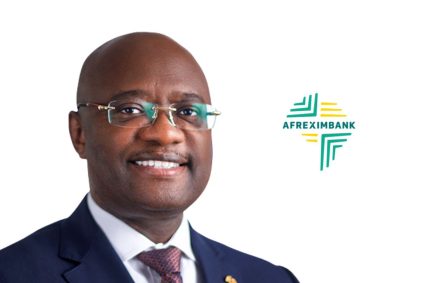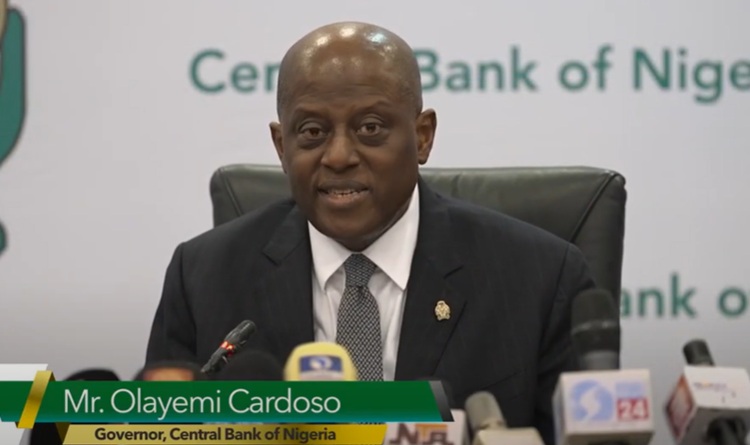The Central Bank of Nigeria (CBN) has rolled out a comprehensive order requiring commercial banks and financial entities to reimburse clients for unsuccessful ATM withdrawals within 48 hours, aiming to bolster customer safeguards and rebuild trust in financial services.
This instruction appears in a fresh draft paper called “Exposure of the Draft Guidelines on the Operations of Automated Teller Machines in Nigeria,” released on Saturday.
READ ALSO: New CBN Limit: PoS agents can’t withdraw past N1.2m daily
Musa I. Jimoh, from the Payments System Policy Department, signed the draft, which was sent to banks, payment providers, card networks, and standalone ATM managers, seeking input by October 31, 2025.
The plan demands immediate reversal of botched “on-us” deals—those at a customer’s own bank’s machines. If tech glitches block quick fixes, manual payouts must occur within 24 hours.
For “not-on-us” cases at rival banks’ ATMs, full refunds are due in 48 hours.
“Customers must not be made to suffer for failed transactions caused by system errors or network failures,” the circular stressed.
Banks and operators must install tech for automatic fixes on incomplete or failed deals, sparing users from lodging formal gripes. Any held funds from botched payouts need prompt reconciliation and return.
The central bank highlighted that this tackles ongoing issues like delayed reimbursements, subpar support, and user dissatisfaction, while updating payment networks and matching international norms.
The rules will also revamp ATM placement and oversight across the country. Banks and card providers must ensure one machine per 5,000 active cards, with rollout goals of 30% by 2026, 60% by 2027, and 100% by 2028.
All ATM additions, moves, or shutdowns require CBN greenlight in advance.
For safety and ease, machines need skimmer-proof tech, video monitoring, and placement in bright or sheltered spots. They must meet Payment Card Industry security rules, keep transaction records, and show active support contacts.
No less than 2% of ATMs should have features for the sight-impaired.
Additionally, ATMs must release money prior to card return, permit no-cost PIN updates, print receipts for all deals except checks, show fees upfront, and only output crisp notes. Emergency power is mandatory to avoid blackouts.
Outages are limited to 72 hours straight; beyond that, operators must announce causes and projected fixes publicly.
The CBN will monitor adherence via regular checks, site visits, and required monthly reports on ATM sites and counts. Non-compliant entities face penalties, though specifics weren’t detailed.
The bank explained the changes stem from rising failed deals, online threats, and service declines, stating “the goal is to build a payments system that works seamlessly for everyone, urban and rural users alike.”
Industry players can offer suggestions before the guidelines are finalized, with rollout slated before year-end.

 News2 weeks ago
News2 weeks ago
 News4 weeks ago
News4 weeks ago
 Features3 weeks ago
Features3 weeks ago
 News4 weeks ago
News4 weeks ago
 News3 weeks ago
News3 weeks ago
 News3 weeks ago
News3 weeks ago
 News6 days ago
News6 days ago
 News3 weeks ago
News3 weeks ago




















